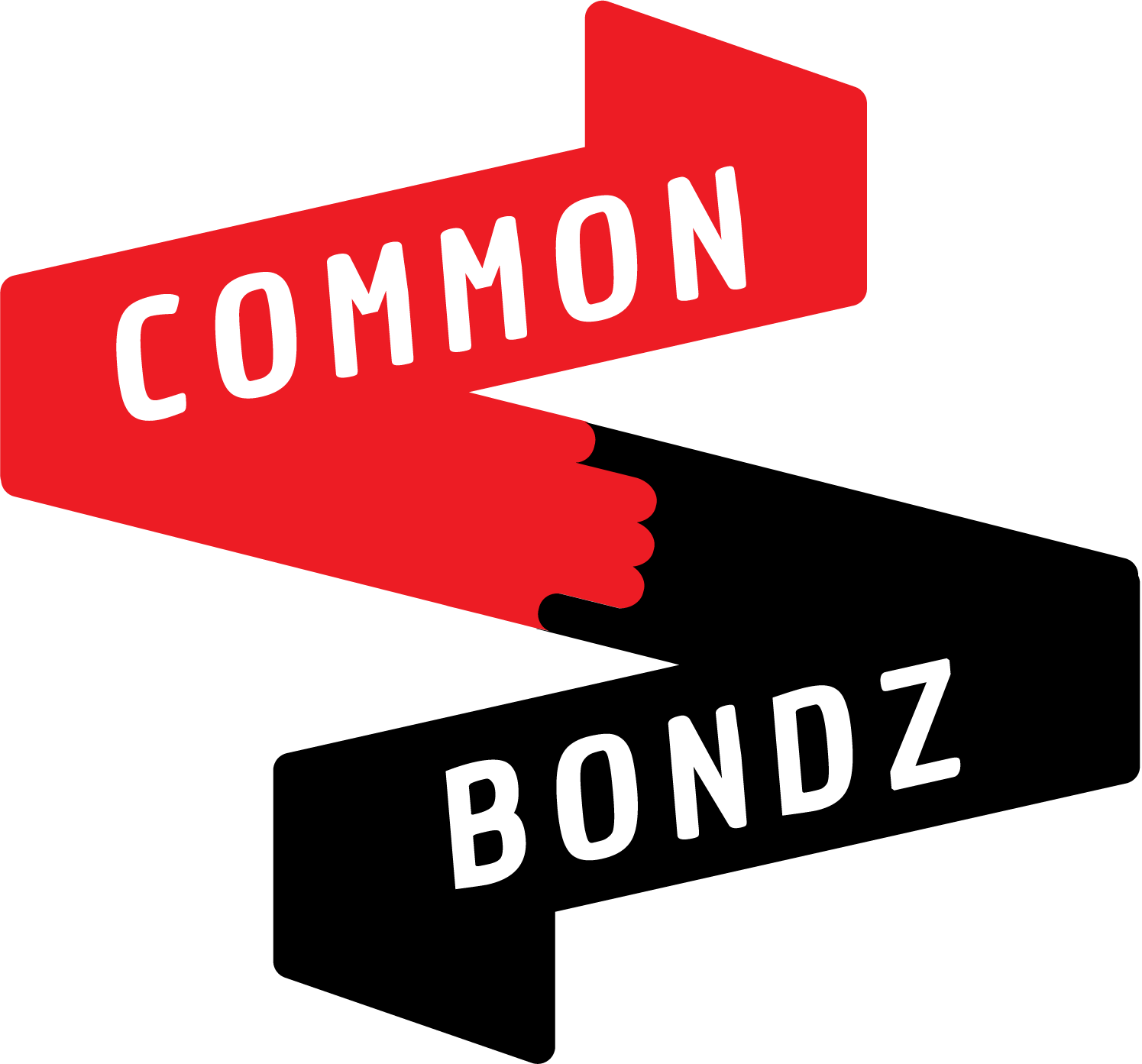What is Minority Mental Health Awareness Month?
As we raise awareness of mental health treatment challenges in minority communities, CommonBondz is proud to announce a partnership with TeleHelp 24/7. See more information below.
If you are struggling with your mental health or having suicidal thoughts, we want to make sure you have access to the best resources. Click here for more information.
Watch more conversations like this on the CommonBondz YouTube.
In recent years, the spotlight on mental health conditions and resources has helped to break the stigma surrounding talking about mental health and bring the topic into mainstream conversation. Despite more frequent and open discussion, BIPOC communities still face significant disparities when it comes to accessing mental health resources. Like many healthcare-related issues, these disparities often stem from generations of oppression and systemic racism. This is a topic CommonBondz has delved into previously, including in our monthly Speaker Series event with Dr. Joy Cooper in January 2021.
Why is July Minority Mental Health Awareness Month?
In 2008, July was designated Bebe Moore Campbell National Minority Mental Health Awareness Month by the U.S. House of Representatives to bring more awareness to these disparities and improve access to mental health treatment for minority communities.
Who was Bebe Moore Campbell?
Bebe Moore Campbell was an American author, journalist, teacher and mental health advocate who served as a spokesperson for the National Alliance on Mental Health (NAMI). She fought tirelessly to bring awareness to the unique struggles African Americans and other under-represented groups face when facing mental illness and seeking treatment, and to make resources more accessible. Part of her work included founding a NAMI branch in Inglewood, California, creating a safe space for the predominately Black neighborhood to share mental health concerns and find support.
Why is it so important to raise awareness of minority mental health challenges specifically?
Mental health certainly does not discriminate when it comes to race, gender, or identity. However, BIPOC communities’ mental health concerns can be further exacerbated by other factors, such as overt racial discrimination, the cycle of poverty stemming from systemic racism, and limited access to healthcare resources, both in terms of cost and location.
“While everyone - all colors - everyone is affected by stigma - no one wants to say ‘I’m not in control of my mind.’ No one wants to say, ‘The person I love is not in control of [their] mind.’ But people of color really don’t want to say it because we already feel stigmatized by virtue of skin color or eye shape or accent and we don’t want any more reasons for anyone to say, ‘You’re not good enough.’”
In addition to stigma, there are a variety of reasons minorities, particularly Black Americans, are hesitant or unable to access mental health resources. The following statistics and findings come from Mental Health America:
Historical adversity, which includes slavery, sharecropping, and race-based exclusion from health, educational, social, and economic resources, translates into socioeconomic disparities experienced by Black and African American people today. Socioeconomic status, in turn, is linked to mental health: people who are impoverished, homeless, incarcerated, or have substance use problems are at higher risk for poor mental health:
Black and African American people living below poverty are twice as likely to report serious psychological distress than those living over 2x the poverty level.
In 2018, 11.5 percent of Black and African Americans, versus 7.5 percent of white Americans, were still uninsured.
Because less than 2 percent of American Psychological Association members are Black or African American, some may worry that mental health care practitioners are not culturally competent enough to treat their specific issues.
Black and African American people with mental health conditions, specifically those involving psychosis, are more likely to be in jail or prison than people of other races.
Distrust in police can spark fear in African Americans that mental health issues will be used against them or not responded to properly. In 2020, Walter Wallace Jr. was killed by police in Philadelphia after his family called 911 seeking a mental health intervention. Philadelphia police vowed to improve their response to mental health emergencies, but progress has been slow.
While mental illness impacts Black and African American people at nearly the same rates as white people, there is a gap in willingness for and access to treatment. The U.S. Substance Abuse and Mental Health Services Administration (SAMHSA) found:
In 2019, 59.6 percent of non-Hispanic Black adults (age 18 or over) who experienced a major depressive episode received treatment, versus 70.2 of non-Hispanic whites.
In the same year, just 9.8 percent of non-Hispanic Black adults received mental health services vs. 19.8 percent of non-Hispanic white adults.
Improving access mental healthcare for Black communities
To help close this gap in access to mental health resources, CommonBondz is proud to partner with TeleHelp 24/7. TeleHelp 24/7 is a “virtual healthcare company specifically designed to cater to the mental healthcare and wellness needs of black and brown communities.” They are a minority-owned organization who pride themselves on “culturally competent” providers and treatment. Click here to learn more about the resources they offer.

